Health & Wellbeing
- Filter by
- Categories
- Tags
- Authors
- Show all
- All
- Acorns
- Aggression
- Aggressive horse
- Allergies
- America
- Anatomy of Horse
- Archery
- Are horses intelligent?
- Are horses mammals?
- Are horses native to America?
- Are horses native to the UK?
- Are horses omnivores?
- Are horses ruminants?
- Arthritis
- Aslike clover
- Bananas
- Barefoot horse
- Beginner
- Behavior problems
- Belladonna
- Bending
- Bending Exercise's
- Benefits of Cod Liver Oil Horses
- Benefits of Devils Claw Horses
- Benefits of Garlic Horses
- Benefits of Turmeric Horses
- Bit Types
- Bits
- Black cherry
- Black walnut shavings
- Blue bells
- Body Parts of a Horse
- Bones of a Horse
- Bracken fern
- Bread
- Breastplate
- Bridle
- Bridle Parts
- Bridle Types
- Broccoli?
- Buttercups
- Can horses eat bananas?
- Can horses eat bread?
- Can horses eat broccoli?
- Can horses eat oranges?
- Can horses eat parsnips?
- Can horses eat potatoes?
- Can horses see colour?
- Canter
- Charlock
- Cherry trees
- Chokecherry
- Cleaning sheath
- Clicker Training
- Cold Weather
- Colic
- Conker's
- Cooler rug
- Create your own Boots
- Curly dock
- Cushings Disease
- Daffodils
- Deadly nightshade
- Diseases
- Disrespectful
- Do horses sleep?
- Do horses sweat?
- Dressage
- Dressage Maneuvers
- Eating habits
- Electric Fencing
- Energy
- Equine
- Eventing
- Farrier
- Fear
- Feed
- Feeding my horse
- Field management
- Field mustard
- Fire cherry
- Firethorn
- Food Aggression
- Foxgloves
- Frog Trimming
- Gallop
- Gelded late
- Girth Types
- Girths
- Golden chain
- Grass glands
- Grooming
- Hacking
- Hawkweed
- Hawthorn
- Hay
- Haylage
- Healing
- Health
- Healthy Horse
- Hedging
- Hemlock
- Herd Behavior
- Hi Vis
- Highway Code
- History of Horse Riding
- Hock
- Hoof Abscess
- Hoof Boots
- Hoof care
- Hoof Problems
- Hooved Mammals
- Horse Bedding
- Horse Boots
- Horse Breeds
- Horse Bridle
- Horse chesnut tree
- Horse dentist
- Horse Fencing
- Horse Food
- Horse Forage
- Horse Gait
- Horse muscles
- Horse Nutrients
- Horse Paddock
- Horse Paddocks
- Horse pain relief
- Horse Play
- Horse Riding Benefits
- Horse sight
- Horse sweating
- Horse swimming
- Horseback Archery
- Horses
- Horses food
- Horsetail plant
- Hunting
- Hyperextension Ligaments
- Injection
- Injury
- Ivy
- Jumping
- Laburnum
- Lameness
- Laminitis
- Larkspur
- Laurel
- Left handed
- Leg Protection Horses
- Leg sores
- Lily of the valley
- Magnetic Band
- Mammals
- Maple trees
- Mare
- Mare & Foal
- Martingale
- Mastitis
- Meadow saffron
- Meditation
- Mental Health
- Mistletoe
- Monkshood
- Mounting
- Mud fever
- Muscle Anatomy of Horse
- Mutual grooming
- Native
- Natural Remedy
- Naughty
- New to Horses
- Nosebands
- Novice
- Numnah
- Nutrition
- Omnivores
- Oranges
- Organ Anatomy of a Horse
- Organs Horses
- Paddock Fencing
- Paddock Sizes
- Parelli
- Parsnips
- Parts of a Horse
- Peach tree
- Pear trees
- Performance problems
- Phobia
- Pigweed
- Play
- Plum tree
- Poisoning
- Poisonous plants
- Pole work
- Poles
- Polework
- Polo
- Potatoes
- Privet
- Protection
- Prunus species
- Racing
- Ragweed
- Ragwort
- Reiki
- Respiratory problems
- Rhododendron
- Riding & Road Safety
- Right handed
- Road Leading
- Road Safety
- Saddle
- Saddle Cloth
- Saddle pad
- Saddle Parts
- Safety on the road
- Schooling
- Shavings
- Sheath
- Shoeing horses
- Show Jumping
- Showing
- Skeletal Anatomy of a Horse
- Skeleton of a Horse
- Skin condition
- Sleep Deprivation
- Sleep horse
- Snow
- Spring horses
- Springtime Problems
- St johns wort
- Stable size
- Stabled Nightmare
- Stabling
- Stallion behaviour
- Stirrup Leather Types
- Stirrup Leathers
- Stirrup Types
- Stirrups
- Sweet itch
- Swollen glands
- Swollen Tits Mare
- Sycamore
- Tack
- Tack Problems
- Teeth
- Tellington Touch
- Therapeutic Shoeing
- Therapy
- Thrush
- Tooth Problems
- Training
- Trauma
- Trekking
- Trot
- Trotting poles
- TT
- Types of Martingales
- Uses for Martingales
- Uses of Bits
- Vet
- Vetch
- Vulnerable Road Users
- Walk
- Walking Horse on Roads
- Walnut poisoning
- Water Horses
- Water Requirements Horses
- Western
- Western Riding
- Wild Horses
- Wisteria
- Worm Count
- Worming
- Worms
- Yew
April 24, 2023
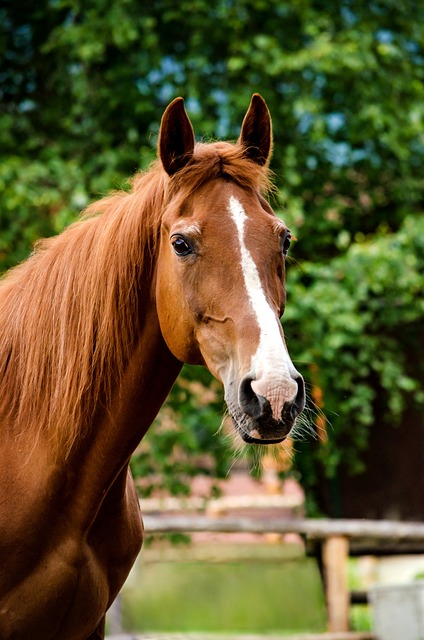
Published by horsesdaily on April 24, 2023
Categories
Yes, horses are intelligent animals. They have a remarkable ability to learn, remember, and solve problems, which has made them valuable partners in human activities for […]
March 16, 2023

Published by horsesdaily on March 16, 2023
Categories
Riding and Road Safety: A Guide for Equestrians and Motorists As an equestrian, riding on roads can be a necessity when accessing certain trails or traveling […]
February 2, 2023
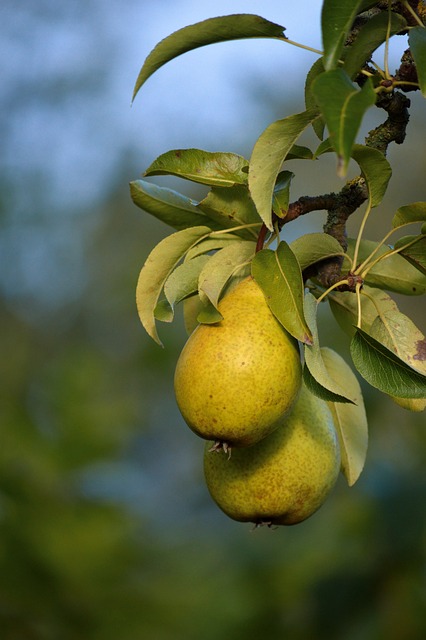
Published by horsesdaily on February 2, 2023
Categories
Pear trees are a common sight in the UK, and are grown both for their fruit and as ornamental trees. While pears themselves are not toxic […]
March 16, 2023

Published by horsesdaily on March 16, 2023
Categories
Pectin is a type of soluble fiber that is commonly used as an ingredient in horse feed and supplements. It is derived from the cell walls […]
February 2, 2023
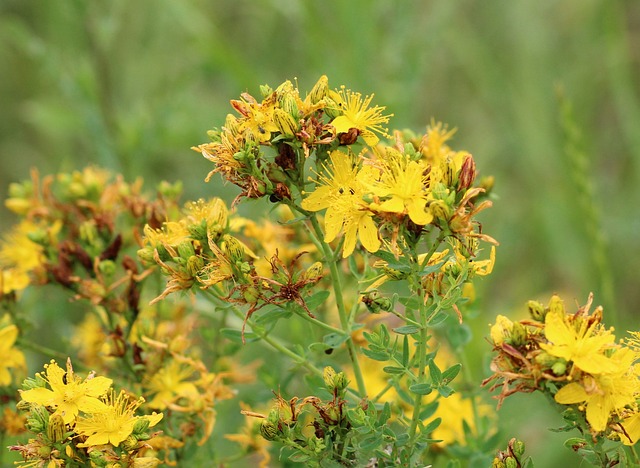
Published by horsesdaily on February 2, 2023
Categories
St John’s Wort: A Potentially Poisonous Herb for Horses in the UK St John’s Wort is a plant species commonly found in the UK and across […]
April 24, 2023
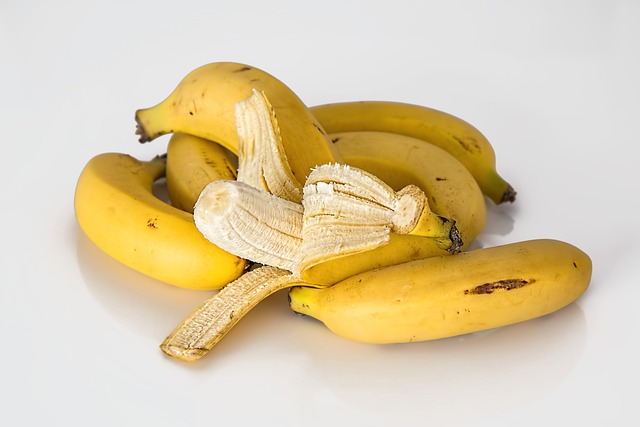
Published by horsesdaily on April 24, 2023
Categories
Yes, horses can eat bananas! Bananas are actually a healthy treat for horses in moderation. They contain potassium, fiber, and other nutrients that can be beneficial […]
February 2, 2023
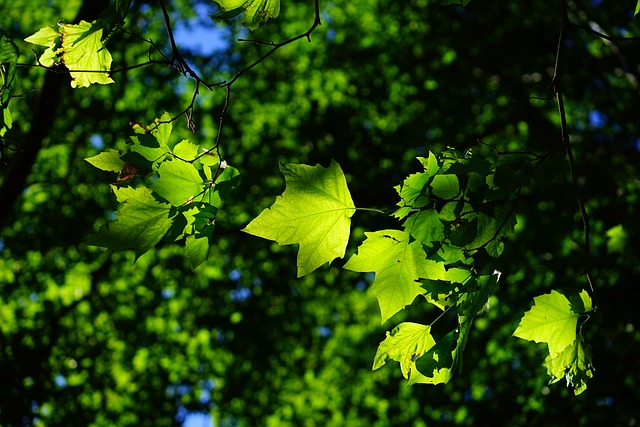
Published by horsesdaily on February 2, 2023
Categories
Sycamore: A Potentially Poisonous Tree for Horses in the UK Sycamore is a common tree species found throughout the UK, often growing in fields, pastures, and […]
January 25, 2023
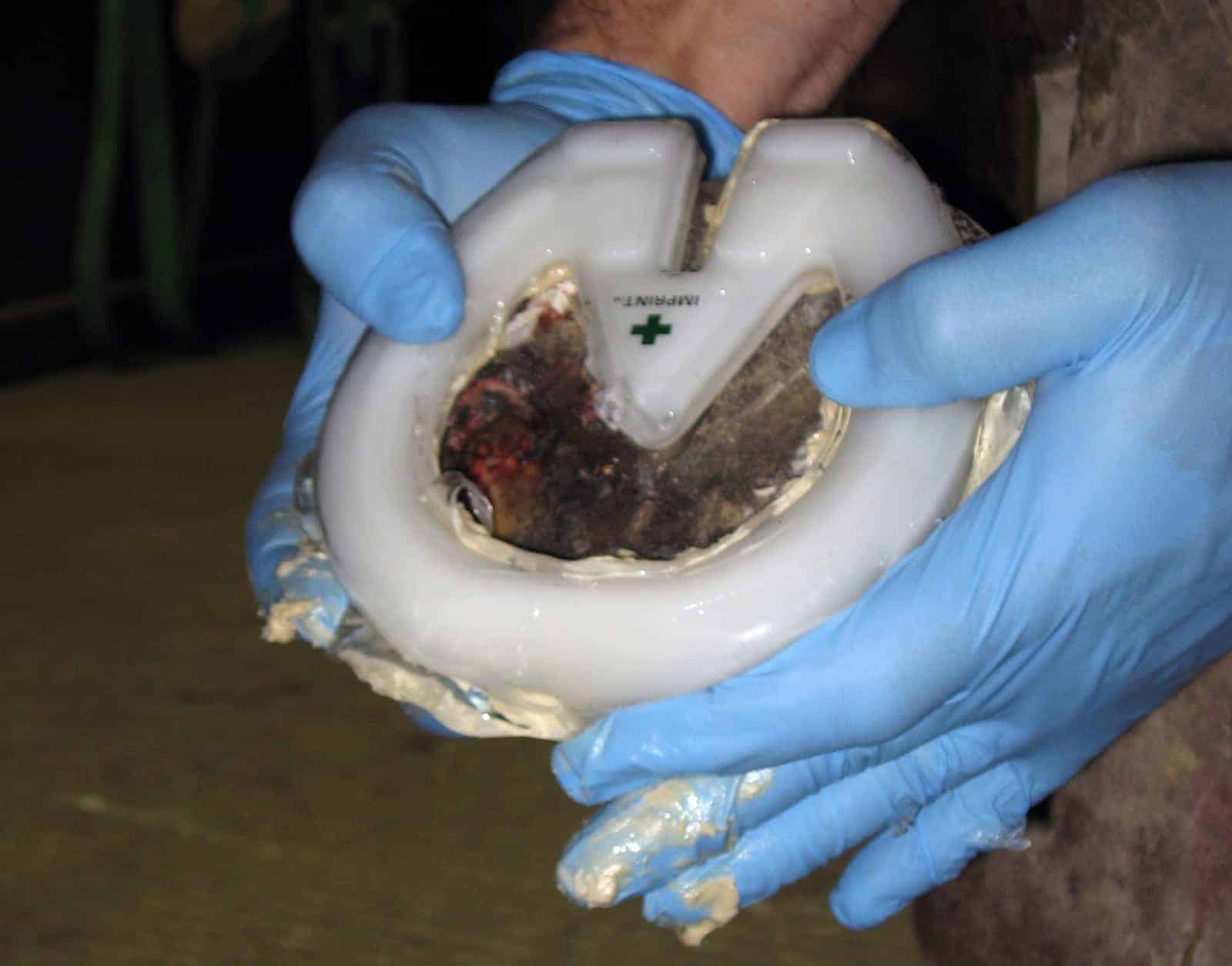
Published by horsesdaily on January 25, 2023
Categories
Therapeutic shoeing is a specialized type of hoof care that is used to address certain problems or conditions in horses. One condition that can be treated […]
February 1, 2023
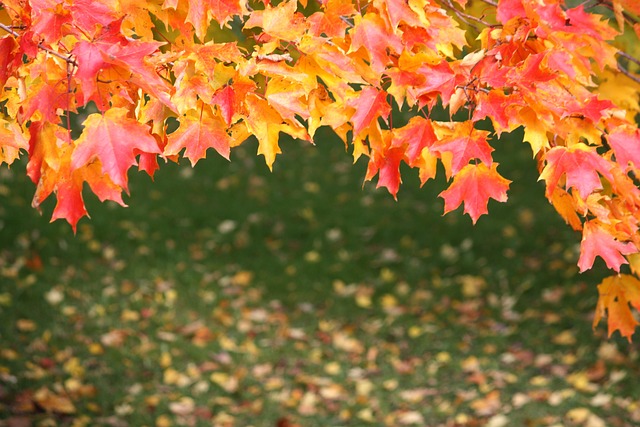
Published by horsesdaily on February 1, 2023
Categories
Maple Trees in the UK: A Poisonous Threat to Horses Maple trees (Acer species) are commonly found in the UK, but they can be toxic to […]
January 27, 2023
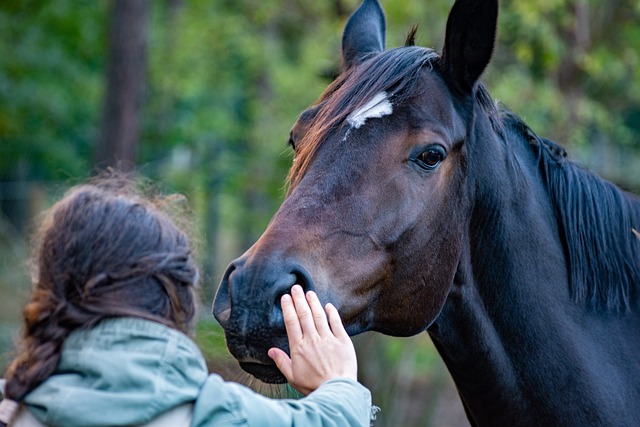
Published by horsesdaily on January 27, 2023
Categories
Reiki is a form of energy healing that involves the transfer of universal life force energy from the practitioner to the recipient. This gentle and noninvasive […]
March 10, 2023
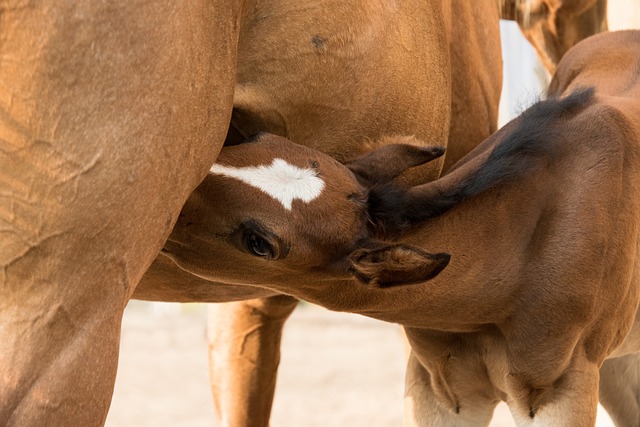
Published by horsesdaily on March 10, 2023
Categories
Mastitis can occur in mares even if they do not have a foal. In fact, mastitis is more commonly seen in mares that are not lactating […]
February 2, 2023
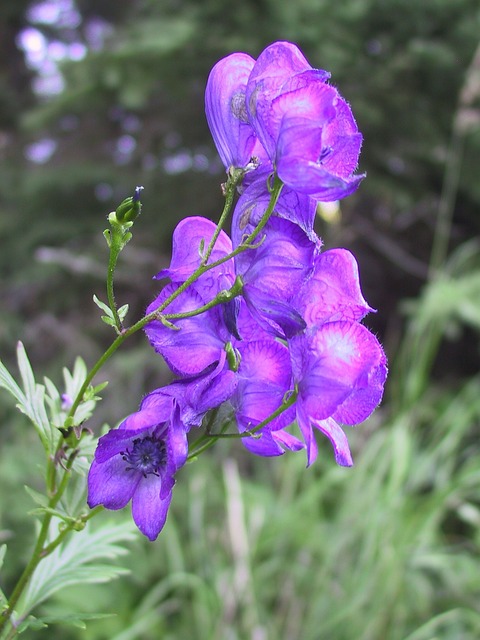
Published by horsesdaily on February 2, 2023
Categories
Monkshood, also known as Aconitum, is a beautiful yet poisonous plant native to Europe and Asia. In the UK, it is commonly found growing in damp, […]
February 1, 2023
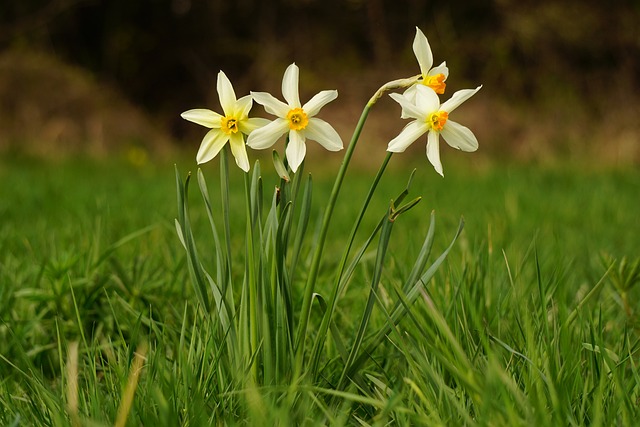
Published by horsesdaily on February 1, 2023
Categories
Daffodils: A Beautiful UK Plant with Hidden Dangers for Horses Daffodils (Narcissus spp.) are a popular and beloved spring flower in the UK, but they can […]
April 24, 2023

Published by horsesdaily on April 24, 2023
Categories
Horses can eat bread in small amounts as an occasional treat, but it is not recommended to include bread as a regular part of their diet. […]
April 24, 2023
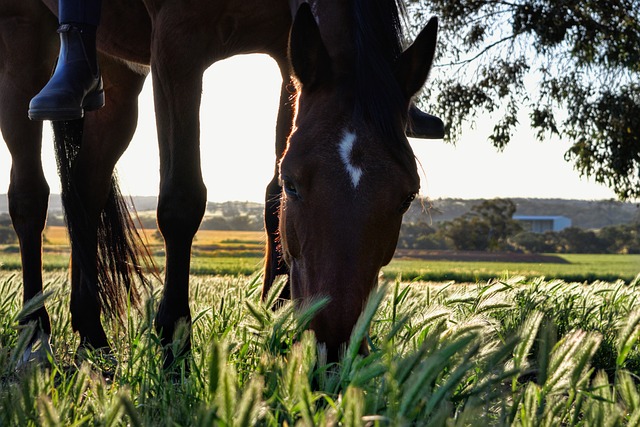
Published by horsesdaily on April 24, 2023
Categories
No, horses are not omnivores. They are herbivores, which means they primarily eat plant-based foods. Their digestive system is adapted to break down and digest fibrous […]
January 27, 2023
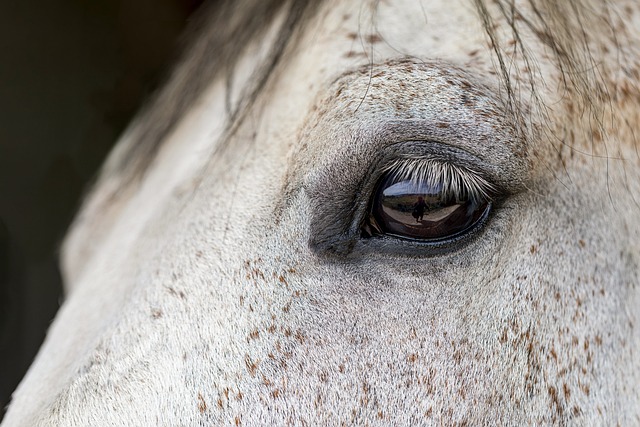
Published by horsesdaily on January 27, 2023
Categories
Equine assisted meditation is a therapeutic technique that involves working with horses to facilitate a state of mindfulness and relaxation. This practice can have a number […]
January 25, 2023
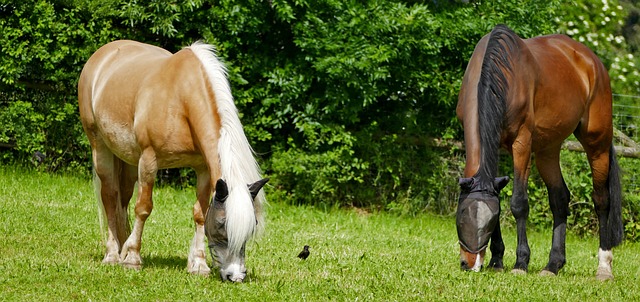
Published by horsesdaily on January 25, 2023
Categories
Springtime can bring a number of challenges for horse owners. Some common springtime problems that horses may face include: By taking steps to prevent or address […]
February 1, 2023
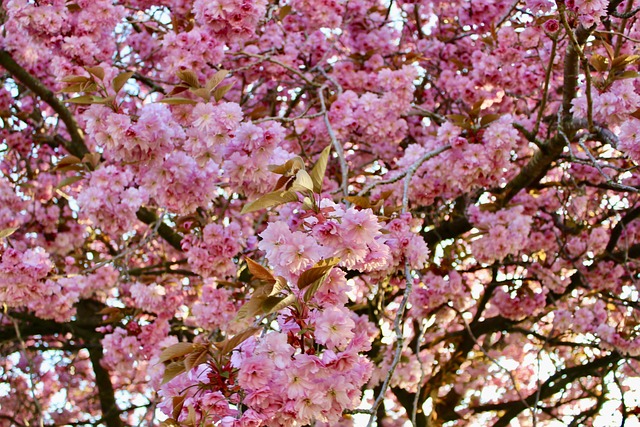
Published by horsesdaily on February 1, 2023
Categories
Cherry Trees in the UK: A Guide to their Beauty and Dangers Cherry trees are a beloved sight in the UK, with their delicate pink and […]
February 1, 2023
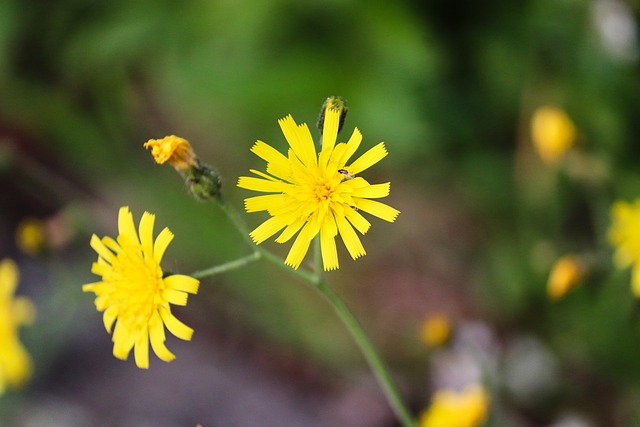
Published by horsesdaily on February 1, 2023
Categories
Hawkweed: A Common UK Plant with Potentially Deadly Effects on Horses Hawkweed (Hieracium spp.) is a common plant found in pastures, meadows, and waste areas throughout […]
February 1, 2023
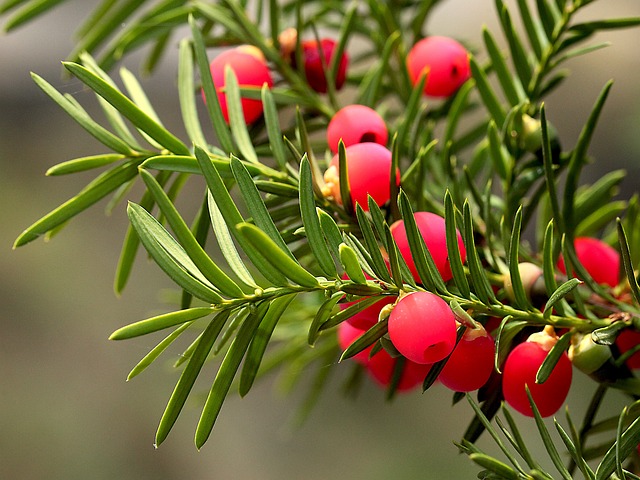
Published by horsesdaily on February 1, 2023
Categories
Yew is a commonly grown ornamental plant that is highly toxic to horses if ingested. The toxic compounds found in yew, known as taxanes, can cause […]
